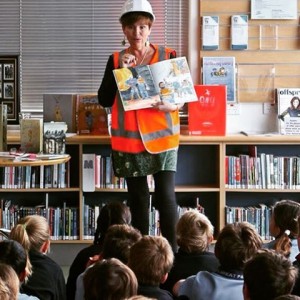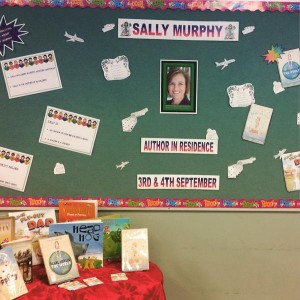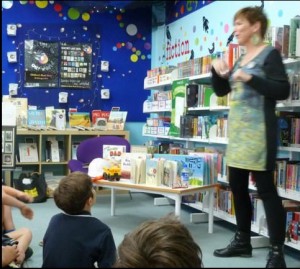Exciting news for teachers – and for me! Fremantle Press has produced Teaching Notes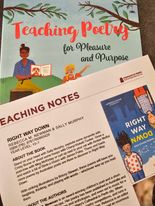 for Right Way Down, now available for free on their website here.
for Right Way Down, now available for free on their website here.
In case you missed my earlier posts about this book, Right Way Down is an anthology of contemporary poetry for primary aged readers, suitable for classroom use and for private reading. It is coedited by Rebecca M. Newman and myself, illustrated by Briony Stewart, published by Fremantle Press in collaboration with Alphabet Soup Books, and including poetry on all kinds of topics and in a range of forms, from some amazing poets.
So, if you are thinking about how to include more poetry in your classroom this year (and why wouldn’t you?) check out the teaching notes now and mark February 27 in your diary for the relapse of the book (of course you can pre-order it now to ensure you get your copy!).
And, if you are looking for a complementary book, and even more poetry and poetry teaching ideas, my PETAA publication Teaching Poetry for Pleasure and Purpose is still available, and includes lesson ideas, resources and poems for every primary year group.
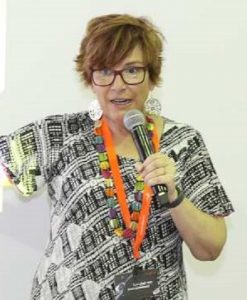 But wait – there’s more! Because if you are looking for someone to visit your school and inspire your students about the fun and magic of reading and writing poetry – I’m your girl. I can also run Professional Learning for you and your colleagues. I love poetry so much I made it the topic of my doctoral studies which kind of sort of makes me a doctor of poetry and means I LOVE to talk about poetry.
But wait – there’s more! Because if you are looking for someone to visit your school and inspire your students about the fun and magic of reading and writing poetry – I’m your girl. I can also run Professional Learning for you and your colleagues. I love poetry so much I made it the topic of my doctoral studies which kind of sort of makes me a doctor of poetry and means I LOVE to talk about poetry.
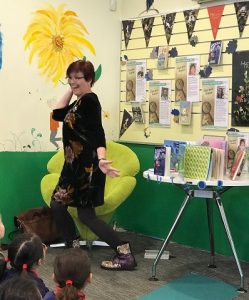
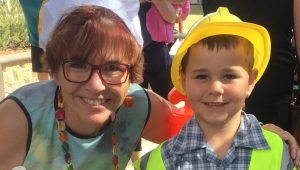

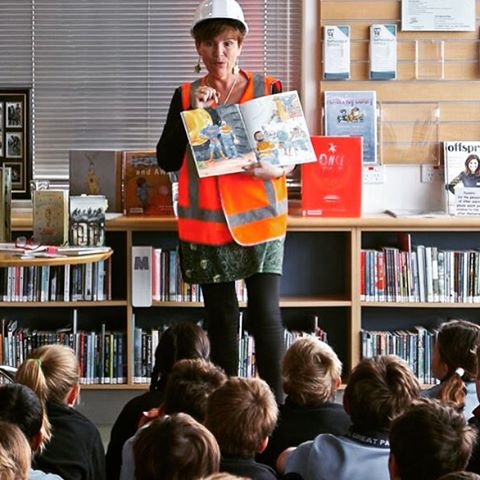
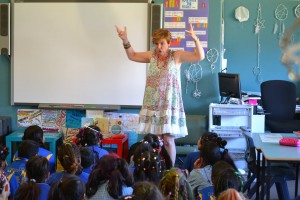
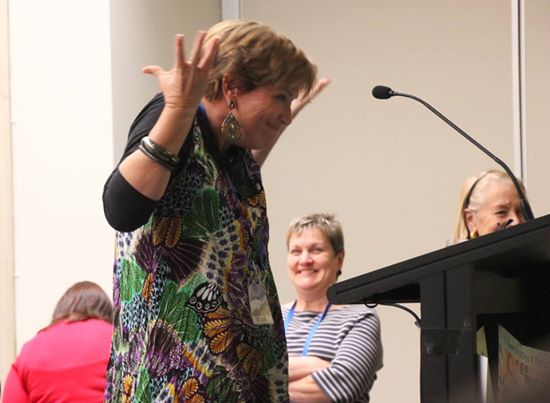
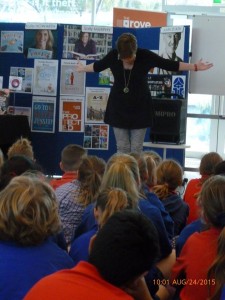 o create a flyer and distribute it by mail, or at conferences you attend. Word of mouth is also a wonderful tool.
o create a flyer and distribute it by mail, or at conferences you attend. Word of mouth is also a wonderful tool.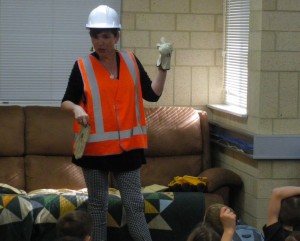 6. Have props or visuals. Kids like having things to look at. Some presenters use Powerpoint presentations, which can be wonderful when used well. A good one will be high on pictures and low on text. other props could be puppets, costumes, historical artifacts, you name it.
6. Have props or visuals. Kids like having things to look at. Some presenters use Powerpoint presentations, which can be wonderful when used well. A good one will be high on pictures and low on text. other props could be puppets, costumes, historical artifacts, you name it.